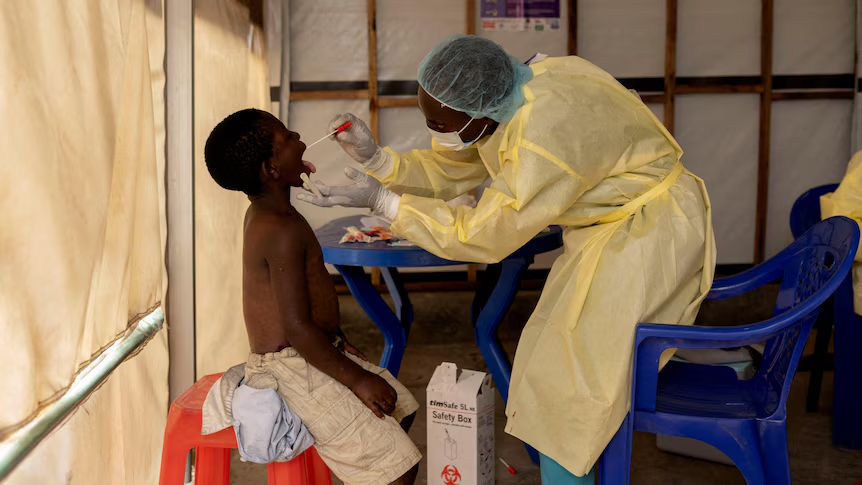
Malian health authorities have confirmed that no cases of monkeypox, also known as mpox, have been detected in the country, despite a resurgence of the viral disease across several African nations.
In a statement issued on 24 July 2025, Mali’s Minister of Health and Social Development, Colonel Assa Badiallo Touré, reassured citizens that the country remains free of confirmed infections but urged the public to remain vigilant as the regional outbreak spreads.
The World Health Organization (WHO) has classified monkeypox as a Public Health Emergency of International Concern, prompting governments across Africa to heighten surveillance and readiness measures. Mali, which borders several affected nations, is ramping up its monitoring systems while calling on citizens to cooperate with prevention guidelines.
“To date, Mali has not recorded any cases of monkeypox (MPOX) in our health facilities,” the ministry stated, emphasising that the absence of confirmed cases should not lead to complacency.
The health ministry has instructed medical facilities nationwide to enhance surveillance to ensure rapid detection and isolation of any suspected cases. It is also urging the public to remain alert to common symptoms — including fever, headaches, muscle pain, and rash — and to seek immediate medical care rather than resorting to self-medication.
Monkeypox, while often mild, can lead to severe complications, particularly among children, pregnant women, and people with weakened immune systems. Transmission occurs through close contact with infected individuals, bodily fluids, contaminated objects, or in some cases, wild animals.
Mali’s health authorities say they are coordinating with the WHO and regional partners to ensure swift response protocols, including activating isolation centres if necessary. The government has also launched public awareness campaigns to combat rumours circulating on social media and to stress the importance of hygiene and early reporting of suspected cases.
Although currently spared from the outbreak, Mali remains on high alert. Authorities say collective vigilance, transparency, and adherence to preventive measures will be key to keeping the country free from the disease as neighbouring states battle rising infections.



